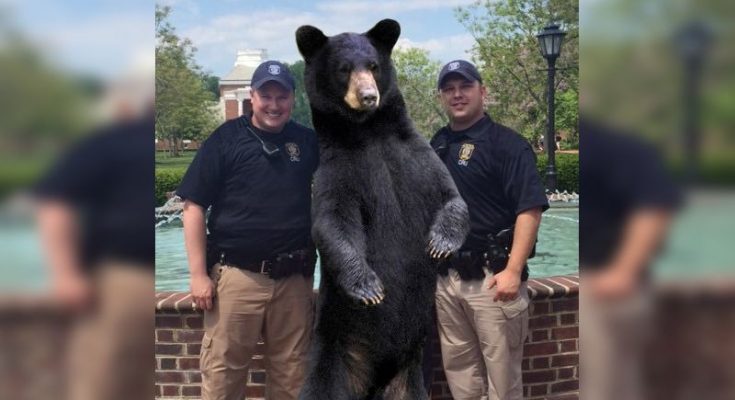DNREC’s Division of Parks & Recreation has closed the wooded areas and trails at Alapocas Run State Park in Wilmington until further notice due to the sighting of a black bear in the park.
The public is encouraged to report sightings of the bear by calling the Fish & Wildlife Natural Resources Police 24-hour dispatch line at 800-523-3336 to help track its movements and to help locate the bear to enable a proper response.
For residents in the area where the bear has been sighted, the Division of Fish & Wildlife advises taking the following precautions:
- If you see the bear:
o Do not approach, attempt to touch, feed, or shoot at the bear. Back away slowly – give it space. Go inside and wait for the bear to leave. Once inside, please contact Fish & Wildlife Natural Resources Police at 800-523-3336 to report the sighting.
o Keep in mind, most bears fear people and will retreat when they see you.
- Eliminate potential food sources that could attract the bear by cleaning or removing anything outdoors that may smell like food. This includes:
o Locking garbage in a secure trash container, or keeping it inside until the day of pick-up.
o Rinsing trash containers with ammonia to eliminate food odors.
o Temporarily discontinuing the use of backyard compost piles.
o Storing cooking grills inside or keeping them clean of food residue.
o Temporarily removing birdfeeders ─ there are many wild food sources for birds during this time of year.
- If you have animals, particularly dogs or cats:
- Keep their food indoors. If animals are fed outdoors, only feed the animal what it will eat in one sitting to ensure that there is no food remaining.
o Corral livestock close to buildings and use outdoor lighting at night.
o If you have electric fencing, make sure it’s turned on to protect chicken coops, livestock nursery pens, etc.
o Promptly dispose of dead farm animals.
Black bear populations within neighboring states of Maryland, New Jersey, and Pennsylvania have expanded over the past several decades. As a result, it is not unusual for a bear find its way into Delaware. Attempts will be made to live-capture the bear if located and transport it to more suitable habitat out of state within the bear’s normal range.
Source: DNREC

